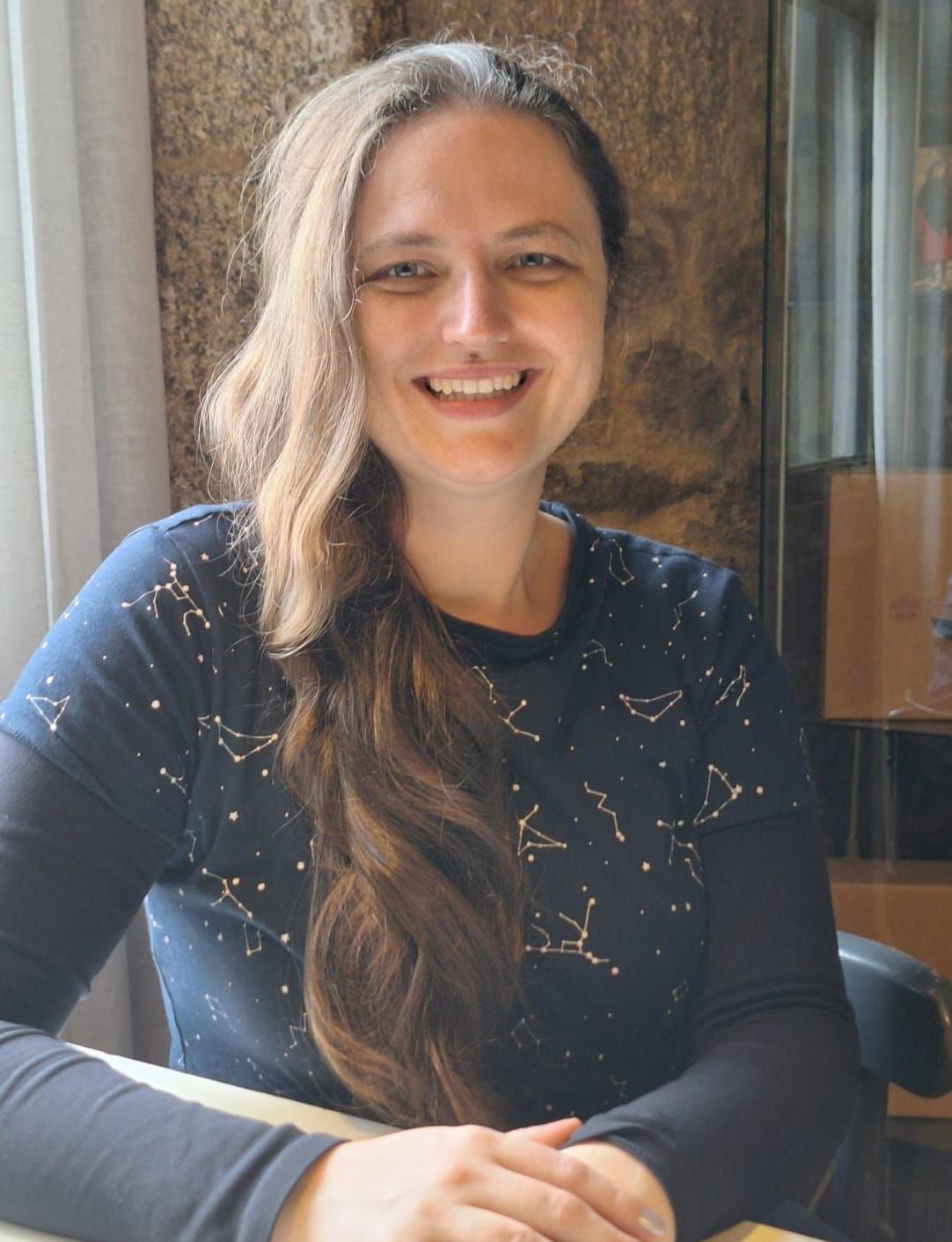Opening Windows, Revealing Meanings: Instrumental Reading Of Scientific Texts In English
TalkTeaching Methods and Tools
6th Shaw-IAU Workshop
Tuesday Nov. 12, 2024
UTC: 5:55 p.m. - 6:05 p.m. America/New_York: 12:55 p.m.- 1:05 p.m.
Thursday Nov. 14, 2024
UTC: 10:55 a.m. - 11:05 a.m. America/New_York: 5:55 a.m.- 6:05 a.m.
Astronomy, like all sciences, uses English as its language. While this is a challenge for native speakers of other languages, it also opens up the opportunity for an interest in astronomy to be used as a tool for teaching English. In this study, we explore the potential of the joined teaching English as a second language and science. The aim is to demonstrate that texts that seem inaccessible to students in a first contact can be understood by them through specific reading and interpretation techniques. We chose scientific texts about major discoveries, such as gravitational waves, because of the interest the students demonstrated in such subjects. Our results showed that reading scientific articles with high school students is a great way to teach English and promote scientific literacy.
About Ana Cecília Soja
Ana Cecilia Soja is a professor at the Instituto Federal Fluminense. For the past eight years, she has coordinated knowledge Olympiads for high school students: the Brazilian Astronomy Olympiad (OBA), the Brazilian Amateur Rocket Show (MobFog) and the International Astronomy and Astrophysics Competition (IAAC). Her research interests include the protection of dark and quiet skies and women in science.





